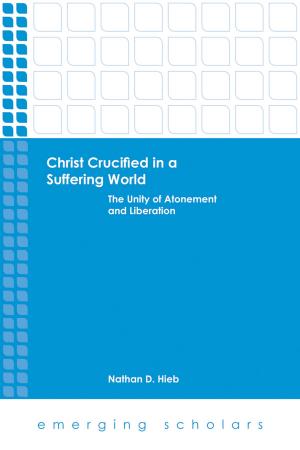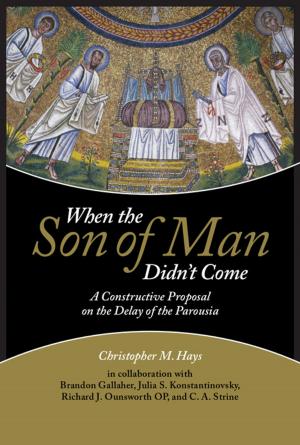Becoming a Christian in Christendom
Radical Discipleship and the Way of the Cross in America's "Christian" Culture
Nonfiction, Religion & Spirituality, Theology, Christianity| Author: | Jason A. Mahn | ISBN: | 9781506418957 |
| Publisher: | Fortress Press | Publication: | November 1, 2016 |
| Imprint: | Fortress Press | Language: | English |
| Author: | Jason A. Mahn |
| ISBN: | 9781506418957 |
| Publisher: | Fortress Press |
| Publication: | November 1, 2016 |
| Imprint: | Fortress Press |
| Language: | English |
How might one live the Christian faith within a culture that idealizes and privileges Christianity while also relativizing it, rendering it redundant and innocuous? Arguing for a reconceptualization of the theology of the cross and radical communal practices, this book brings together two clusters of critics of Christian acculturation and accommodation: (1) Lutherans such as Kierkegaard and Bonhoeffer who lift up radical discipleship against the propensity toward “cheap grace,” and (2) various “Anti-Constantinians,” including neo-monastic communities, who resists the church’s collusion with power politics, symbolized by the conversion of Constantine in the early fourth century.
Drawing on these diverse resources, author Jason Mahn explores some pervasive dangers of America’s new Christendom: its accommodation to an exploitative economy that cheapens the meaning of grace; its endorsement of political liberalism, within which the church becomes another special interest group; its justification of war and other forms of “necessary” violence; and its self-defeating lip-service to religious inclusivity. Mahn provocatively imagines alternatives to conventional Christianity—ones whereby the church embodies an alternative politic, where it commits to cruciform non-violence, appreciates gifts by giving them away, and knows its boundaries well enough to learn from those on the other side.
How might one live the Christian faith within a culture that idealizes and privileges Christianity while also relativizing it, rendering it redundant and innocuous? Arguing for a reconceptualization of the theology of the cross and radical communal practices, this book brings together two clusters of critics of Christian acculturation and accommodation: (1) Lutherans such as Kierkegaard and Bonhoeffer who lift up radical discipleship against the propensity toward “cheap grace,” and (2) various “Anti-Constantinians,” including neo-monastic communities, who resists the church’s collusion with power politics, symbolized by the conversion of Constantine in the early fourth century.
Drawing on these diverse resources, author Jason Mahn explores some pervasive dangers of America’s new Christendom: its accommodation to an exploitative economy that cheapens the meaning of grace; its endorsement of political liberalism, within which the church becomes another special interest group; its justification of war and other forms of “necessary” violence; and its self-defeating lip-service to religious inclusivity. Mahn provocatively imagines alternatives to conventional Christianity—ones whereby the church embodies an alternative politic, where it commits to cruciform non-violence, appreciates gifts by giving them away, and knows its boundaries well enough to learn from those on the other side.















